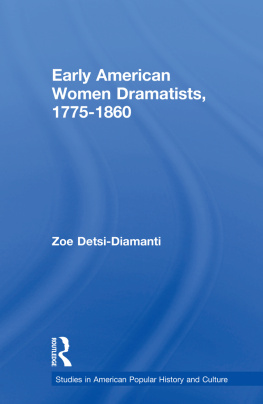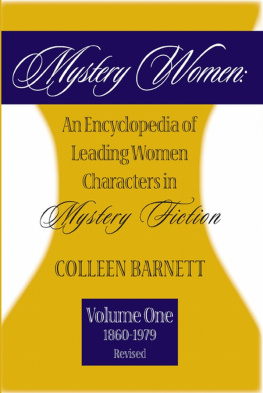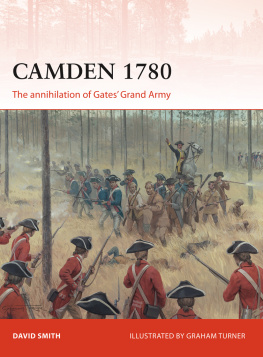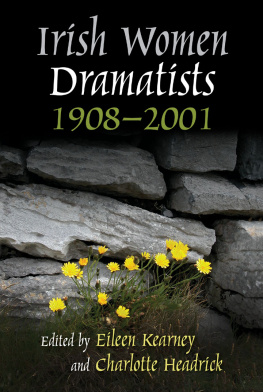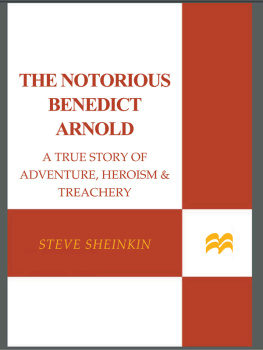GARLAND STUDIES IN
AMERICAN POPULAR HISTORY AND CULTURE
edited by
JEROME NADELHAFT
UNIVERSITY OF MAINE
A GARLAND SERIES
Garland Studies in American Popular History and Culture
Jerome Nadelhaft, series editor
Seduction, Prostitution, and Moral Reform in New York, 1830-1860
Larry Whiteaker
Hollywood's Vision of Team Sports: Heroes, Race, and Gender
Deborah V. Tudor
The Flamingo in the Garden: American Yard Art and the Vernacular Landscape
Colleen J. Sheehy
Textual Vehicles: The Automobile in American Literature
Roger N. Casey
Film and the Nuclear Age: Representing Cultural Anxiety
Toni A. Perrine
Lesbian and Gay Memphis: Building Communities Behind the Magnolia Curtain
Daneel Buring
Making Villains, Making Heroes: Joseph R. McCarthy, Martin Luther King, Jr., and the Politics of American Memory
Gary Daynes
America Under Construction: Boundaries and Identities in Popular Culture
Kristi S. Long and Matthew Nadelhaft, editors
AIDS, Social Change, and Theater: Performance as Protest
Cindy J. Kistenberg
"When the Spirit Says Sing!": The Role of Freedom Songs in the Civil Rights Movement
Kerran L. Sanger
African American Nationalist Literature of the 1960s: Pens of Fire
Sandra Hollin Flowers
The Rehabilitation of Richard Nixon: The Media's Effect on Collective Memory
Thomas J. Johnson
Chicano Images: Refiguring Ethnicity in Mainstream Film
Christine List
At a Theater or Drive-in Near You: The History, Culture, and Politics of the American Exploitation Film
andall Clark
Lolita in Peyton Place: Highbrow, Lowbrow, and Middlebrow Novels of the 1950s
Ruth Wood
Contra Dance Choreography: A Reflection of Social Change
Mary Dart
Public Discourse and Academic Inquiry
William Craig Rice
The Intellectual Origins of Mass Parties and Mass Schools in the Jacksonian Era: Creating a Conformed Citizenry
Juiie M. Walsh
Early American Women Dramatists, 1775-1860
Zoe Detsi-Diamanti
Understanding Elvis: Southern Roots vs. Star Image
Susan M. Doll
Early American Women Dramatists 1775-1860
Zoe Detsi-Diamanti
Copyright 1998 Zoe Detsi-Diamanti
All rights reserved
Library of Congress Cataloging-in-Publication Data
Detsi-Diamanti, Zoe, 1966p
Early American women dramatists, 1775-1860 / Zoe Detsi
Diamanti.
p. cm. (Garland studies in American popular history
and culture)
Includes bibliographical references and index.
ISBN 0-8153-3304-8 (alk. paper)
1. American dramaWomen authorsHistory and criticism.
2. Women and literatureUnited StatesHistory19th century.
3. Women and literatureUnited StatesHistory18th century.
4. American drama19th centuryHistory and criticism.
I. Title. II. Series.
PS 338.W6 D48 1998
812'.2099287dc21
98-45560
To Yanni
I would like to express my heartfelt appreciation to my professors at Aristotle University, E. Georgoudaki, S. Patsalidis, and E. Sakellaridou, whose moral support and direction, their sense of humanity and humor, their understanding and suggestions have been most meaningful and invaluable.
For research assistance and funding, I owe special debts to the Fulbright Program of Greece and the Program of Hellenic Studies at Princeton University.
I am also grateful to the Princeton Department of Rare Books and Special Collections, the New York Public Library, the Billy Rose Collection at Lincoln Center, and the Columbia University Library.
Finally, I would like to express my gratitude and my love for my husband and parents, who played a huge role in my ability to write this book.
Early American Women Dramatists 1775-1860
Chapter 1
Introduction
Although contemporary feminist criticism has mainly focused upon American women playwrights of the twentieth centurywomen like Rachel Crothers, Susan Glaspell, Lillian Hellman, and Sophie Treadwell,there is evidence that a feminist tradition rooted deep in the nationalistic and democratic impulses of the American nation existed more than a hundred years before these women started writing. It may come as a surprise to some readers that a significant but overlooked number of women playwrights vitally contributed to the development of early American drama.
Scholars are increasingly calling attention to writings by early American women dramatists and a number of recent studies have focused on Mercy Otis Warren, the writer of the American Revolution, best known for her propaganda plays, and actress-playwright, Anna Cora Mowatt, whose brilliant comedy of manners, Fashion (1845), has become part of the American canon. In addition, Amelia Howe Kritzer's collection has gathered in one volume eight plays by early American female dramatists, while Kathleen Nichols' earlier study briefly discusses the dramatic work of a number of American women playwrights who actively participated in the dramatic activity of late- eighteenth and nineteenth-century America. Finally, in her 1995 American Women Writers and the Work of History, 1790-1860, Nina Baym points to women's extensive writing about history between the founding of the American nation and the onset of the civil war. Chapter 9 of this study looks briefly at a substantial number of historical plays published by American women before 1860.
The task of resurrecting lost American women playwrights, of locating any significant number of extant texts written by women for the stage proved to be particularly arduous. Most of the plays had fallen into obscurity and were accessible only on microprint and in rare book collections. Therefore, when I came across the plays of Mercy O. Warren, Judith S. Murray, Susanna H. Rowson, Margaretta V. Faugeres, Caroline Lee W. Hentz, Anna C. Mowatt, Sidney F. Bateman, Frances Wright, Julia Ward Howe, and others, I hoped to bring to focus the dramatic writing of a few of the invisible but pioneering women in American theater. The plays in this book have been drawn from the obscure corners of early American theater history, where they have lain for many years, they vary considerably in dramatic formsome of them are exceptionally stageworthy,and actually highlight the experiences, ideas, hopes, and aspirations of some of the most educated and socially active women of the American nation.
Like their male contemporaries, early American women playwrights wrote on a variety of topics and employed a variety of dramatic methods and techniques-ranging from propaganda plays to social comedies, melodramas and romantic tragedies. In their majority, women dramatists of the late-eighteenth and early-nineteenth centuries reveal an extraordinary critical awareness of the various social, economic, and political transformations that were taking place in America at the time their plays were written. Affected by major social events, like the War of Independence, the industrial revolution, abolitionism and the first women's movements, they center their work around urgent social issues and changing ideological and cultural values. In some cases, their plays deal with the various social, political, and economic problems of women at that timetheir inferior status, the restrictions of options as to education and the professions, and certainly the restrictions imposed upon their sexuality. Although many American women tried to write for the theater, only a handful of them managed to bring psychological insights of their own gender into their plays and explore new areas of women's lives, alternative social roles and definitions.


